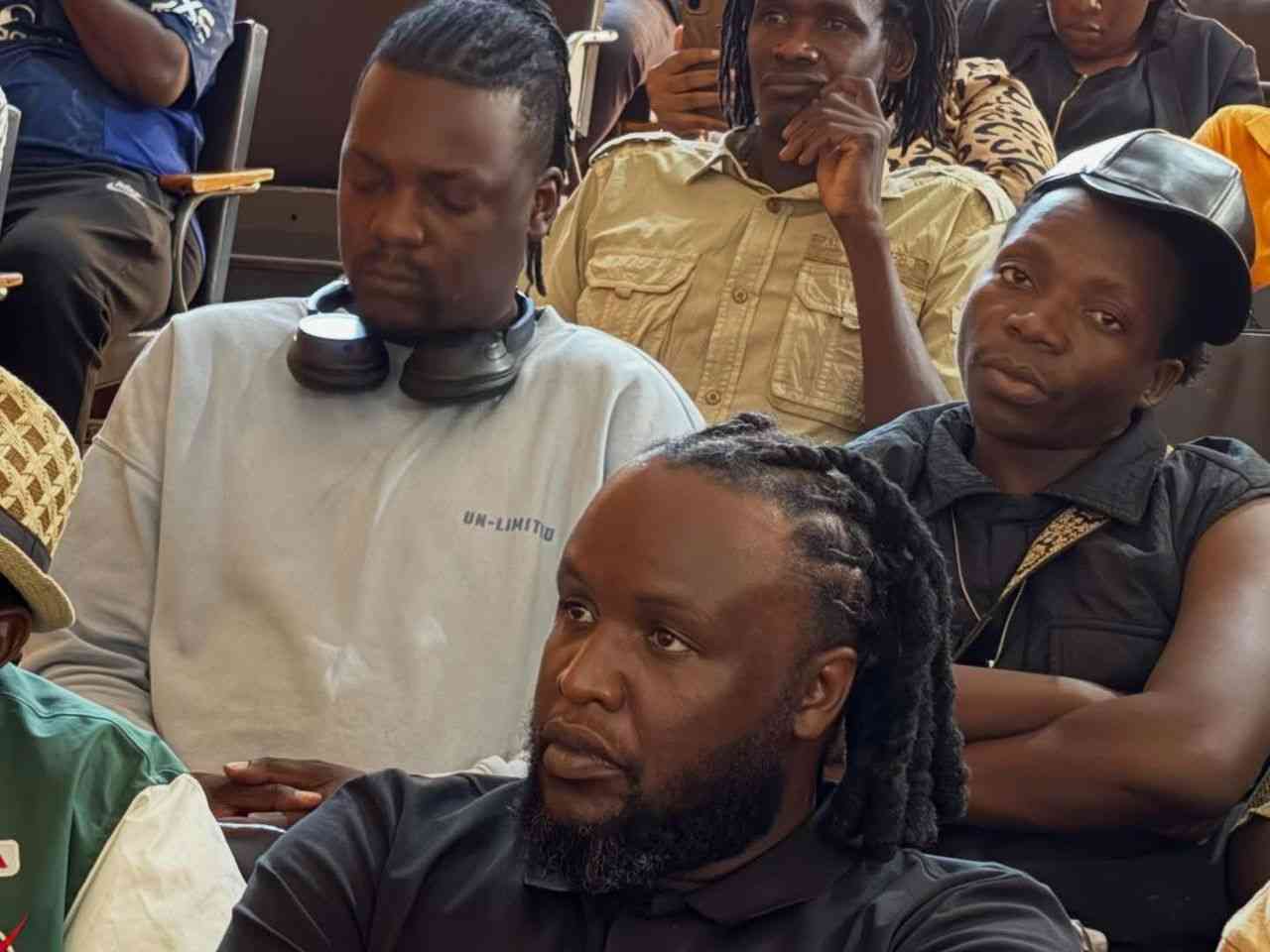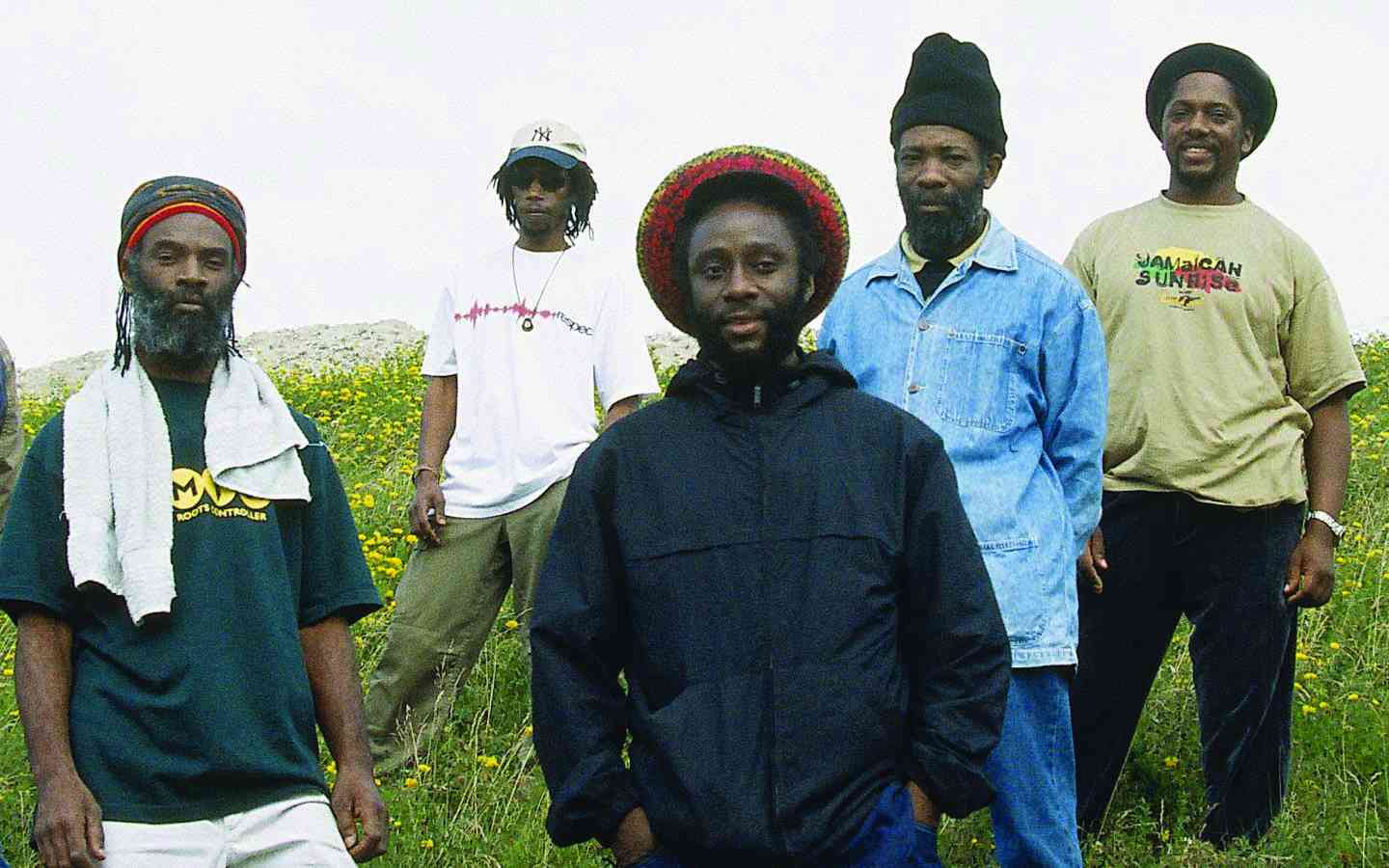
I have been asked this question so many times before and my answer has always been that gospel music can fit into any music genre, be it jazz, sungura, reggae, rock, amapiano, zimdancehall, soul, R&B or rhumba.
In Zimbabwe, gospel music is composed and performed for many purposes, including aesthetic pleasure, religious or ceremonial purposes, and even as an entertainment product for the marketplace. While many view gospel music as an alternative way to spread the word of God, it has also been used as a commercial product by many music artistes. There is not one single rhythm or beat which is followed by gospel artistes. All music genres throughout the world are found in gospel music. Gospel artistes such as Shingisai Siluma, Jonathan and Shuvai Wutawunashe, Sebastian Magacha, Blessing Shumba, Janet Manyowa, Charles Charamba, Olivia Charamba, Minister Michael Mahendere, Fungisayi Zvakavapano-Mashavave, Zim Praise and Joyful Praise use different kinds of music (genres) to produce their music, yet they are all called Zimbabwe’s gospel artistes.
Zimbabwe’s gospel music originated in Zimbabwe and is characterised by its uplifting and inspirational lyrics that are often based on Christian beliefs and values. The music is typically performed by a choir or solo artist and features a fusion of traditional African rhythms and modern instrumentation.
So, any music that has a Christian or Biblical context can be categorised as gospel. For instance, you can take Zimdancehall and punctuate it with Hallelujah or Amen and it becomes gospel. Gospel music is the gateway to becoming a pop star especially among women.
In the past most women who wanted to venture into singing in a band, started off in a church choir because church music, hence gospel music, was associated with worship and one cannot criticise a song related to prayer or to God. It was only after they felt confident enough before they ventured out of church business that they joined commercial bands, at first as backing singers and eventually as lead singers .
We have all enjoyed gospel music without effectively addressing the problems that sometimes come with it. People start to associate anyone who sings gospel with righteous things or with church and Christianity. Once that perception has been established by the society at large, it becomes difficult to wean oneself out of that. Society is watching the way a gospel artist behaves in public, the way the artist dresses, the lyrics in the songs and the artiste’s musical direction.
The period between 2000 and 2006 saw the rise of popular gospel music outside churches in Zimbabwe. This was mainly because some gospel artistes had decided to move away from the lackadaisical and slow-paced church music to that which embraced a fast sungura beat since sungura beats had been popularised at the time by the likes of John Chibadura, Simon Chimbetu and Leonard Dembo .
Gospel artistes who had made this move began to fill concert venues just like the sungura guys. Ngaavongwe and Nguva Yakwana Gospel Concerts became the order of the day. They also became very popular and commercially successful annual events.
- Doka soothes hearts with Munochengeta
- Mahachi returns with new project
- Maposa ropes in Hosiah Chipanga in new project
- Magacha gets ambassadorial role
Keep Reading
Early gospel singers such as Freedom Sengwayo, Mechanic Manyeruke, Brian Sibalo and Jonathan Wutawunashe became more marketable as recording companies such as Gramma Records and Zimbabwe Music Corporation began to make significant profits through sales of their records.
Then around the year 2000, the baton was handed over to Charles and Olivia Charamba, Fungisai Zvakavapano, Ivy Kombo, Mahendere Brothers, Vabati vaJehova, Jackie Madondo, Elias Musakwa, Lawrence Haisa, Pastor G., Gospel Train, Sam Munyai and Shingisai Suluma who popularised the genre even more as they shared the stage with popular South African gospel artistes such as Vuyo Mokoena, Rebecca Malope S’fiso, Lundi and Sipho Makabane. Many churches began to buy band equipment for gospel music performances in their churches in order to attract larger congregations.
One church-going teenage lady I interviewed during the peak of Gospel music had this to say, “I cannot afford to miss the church every Sunday as it provides free dhindindi. This is one place where you can afford to dance in front of your parents just like we do in nightclubs and that’s quite acceptable because you are in church.”
In recent times, the industry has witnessed a crop of Gospel musicians who have incorporated foreign styles and beats into our conventional styles. All sorts of music genres have been incorporated into today’s Zim Gospel music. This kind they call Contemporary Gospel Music. Some of these songs have a mix of genres like Reggae, Zimdancehall, RnB, Pop, Sungura, and ballads. They do not follow one kind of music genre.
This new breed of artistes include Carol Mujokoro, Charity Zisengwe Janet Manyowa, Blessing Shumba, Mathius Mhere, Sebastian Magacha, Tatenda Mahachi and the Zim Praise Choir.
However, they no longer sell as many records or CDs as their former Gospel artistes mentioned above did. They are no longer competing on an equal footing with their mainstream secular music artistes such as Jah Prayzah, Sulumani Chimbetu, Winky D, Killer T or Alick Macheso.
Let's talk about the genealogy of Zimbabwean gospel music.
It chiefly begun with people who were inspired by the great commission of Christ to evangelise through music. Such people were all associated with church organisations. Then came Ivy Kombo, Fungisai Zvakavapano who translated the word of God into melodies attached with the fusion of great Zimbabwean rhythms such as sungura which was heavily laden with guitar and percussion beats.
When Fungisai Zvakavapano-Mashavave realised that the gospel coffers were drying up, she migrated to Zimdancehall where she teamed up with Killer T in the song Vanondibatirana .
However, society sees Zimdancehall as the devil's music because it is associated with misogyny, sex and drug abuse. People start to ask why Fungisai decided to go in that direction. Gospel music can use any genre of music such as sungura, reggae, kwaito and even Zimdancehall to project its messages and Fungisayi was right in preaching to everyone, including the ghetto youths and not just those people in church. This is why society remains conservative and begins to question the motives behind gospel artistes who venture into what they perceive as un-Christian music. They see that as a compromise of principles, a search for materialism and an attempt to make capital out of non-Christians. But the word should be spread from all directions to both Christians and non-Christians and Fungisai has done very well in this regard. Despite the criticism she faced from some of her traditional gospel fans, she saw sense in doing what she did and she became relevant once more.
She is still not happy about the reception she is getting from music promoters and concert organisers as evidenced by her recent posting on Facebook where she says:
“There could be a couple of reasons why they don’t involve us kumamusic events .
1.Maybe we look too expensive & unaffordable? 2. Or they fear we will overshadow their sponsored draw cards?
- Or perhaps kuti we are a female led band in a society that doesn’t recognise women? 4. Kana kuti they think Christian music inobhowa?
- Or they are confused kuti ndirikuside kupi? Because minus ininika? this team is lit Ndotombofunga kusiira Chisale Productions Band ini.”
However, gone are the days of Ngaavongwe and Nguva Yakwana gospel concerts. Gospel music seems to have taken a dive as it now has a precarious future. If one is a reggae fan, they might not go to a gospel concert because they do not know whether they are going to hear sungura, amapiano or rock music because gospel Music is not made up of one genre.
Ngaavongwe Records which specialised in gospel music is no longer operational. It has been overtaken by small home studios which operate from townships such as Mbare, Mufakose, Highfield and Mabvuku. Gone also are the days when companies like Gramma Records, Zimbabwe Music Corporation and Records and Tape Promotion ruled the roost in as far as music recording, production and distribution were concerned.
nFeedback: frezindi@gmail.com










